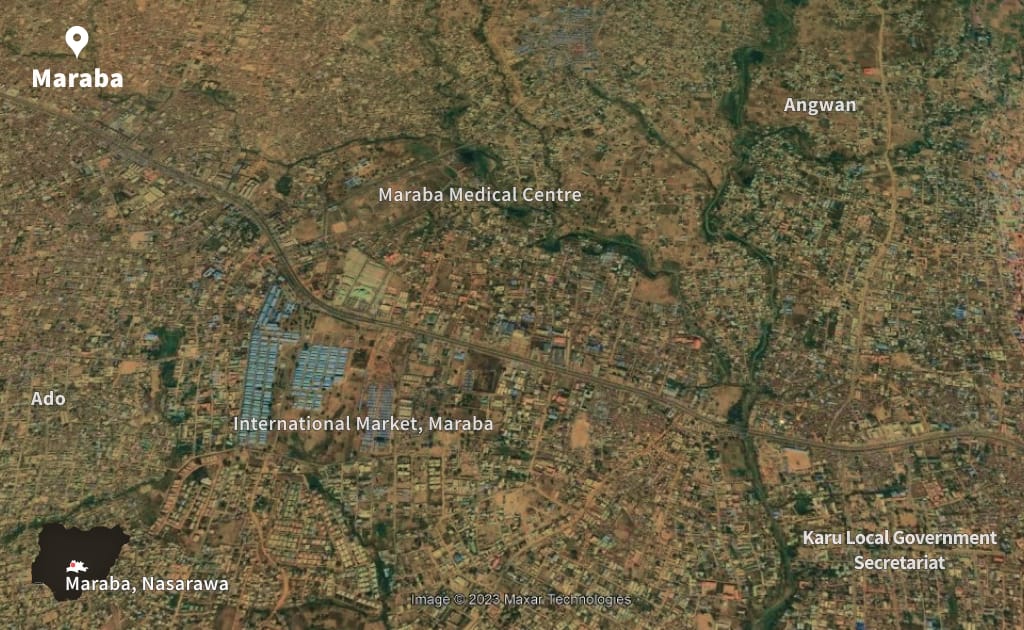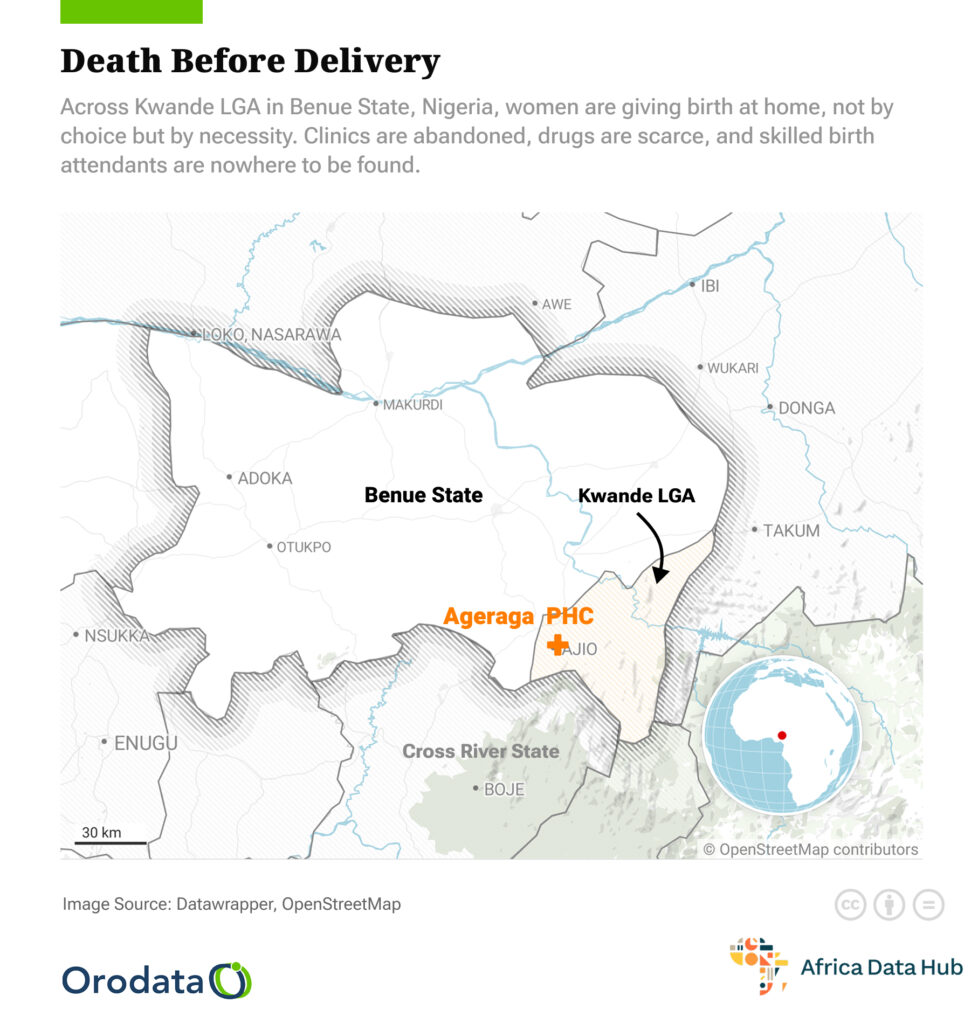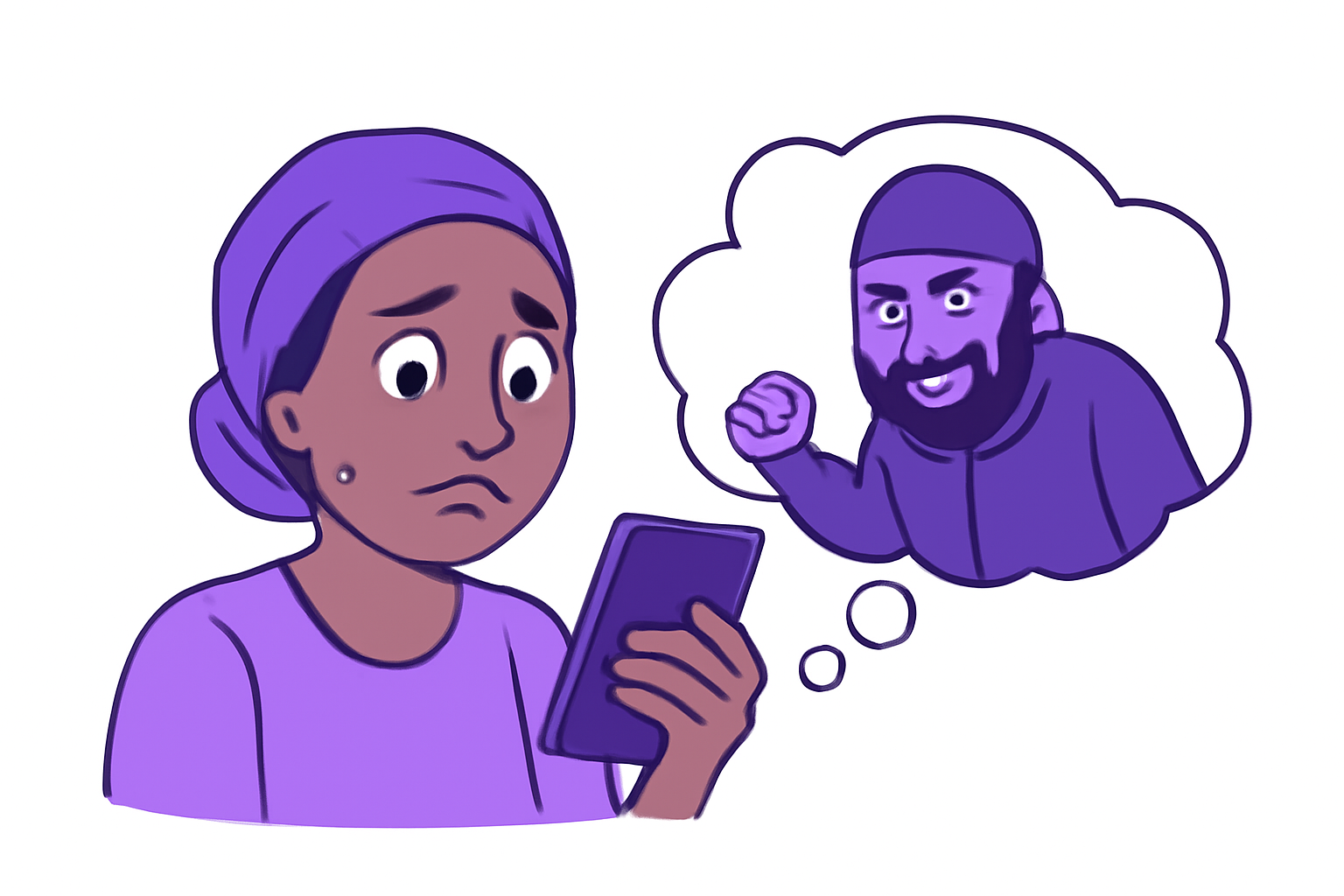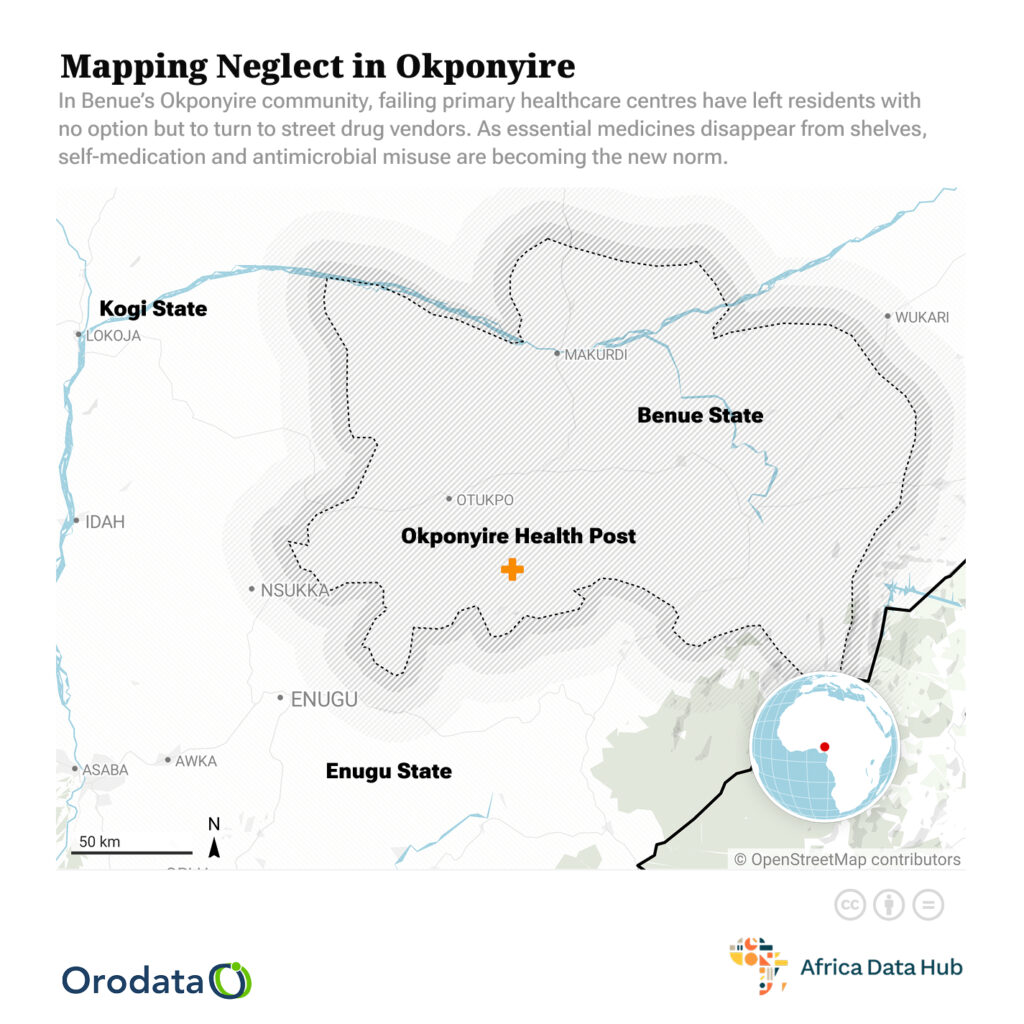Sequel to the scheduled date for the elections, the governorship candidates for the two major political parties in Benue State had released their blueprint
Following the ripple effect of the redesigned naira currency as part of the activities of the Nigerian federal government in the implementation of the Nigeria Cashless Policy, the country is now thrown into an unfortunate hardship, and Benue varsity students are not left out.
An online survey through a cloud-based platform (Google Form) conducted by David Arome to assess knowledge, perceptions, challenges, and mitigating factors of environmental plastic pollution. The responses of the participants are shown in the chart below:
Residents of Makurdi, the Benue State Capital, are having low celebrations as they lament the undue cost of transportation from the state.
“Benue state is the Food Basket of the Nation as a slogan has undoubtedly been abused. Lack of access roads is one of the many factors contributing to hunger in the state.” Isaac Ode, a 52-year-old farmer said.
The Liberalist Centre for Education, a Nigeria-based libertarian think tank promoting pro-freedom ideas for human flourishing, has trained journalists on pro-freedom reporting.
After days of consistent rainfall some areas in the capital of Benue state have been flooded with goods worth millions lost.
“Determine whether ASUU has the right to embark on strike over disputes as is the case in this instance by compelling the Federal Government to employ its payment platform and determine the extent of the union’s demands since 20
Several netizens of Benue origin have taken to social media to reminisce about the good old days when the library was still in use and in good shape.
Home births are on the rise in Benue State, not because they are safer, but because public health facilities are broken beyond trust. Pregnant women are turning to unsafe havens of giving birth at home and even patronizing traditional birth attendance (TBA). By: David Arome For 22-year-old Martha Agur, living in the Ageraga – kohol community, Kwande LGA, Benue State, giving birth at a government-owned health facility was never an option to accept. The closest health clinic to her is a distance away with no functional delivery equipment, no midwives and no power supply. Martha recalled her ordeal at the health clinic she once visited: “I have been there; the health worker told me they had no gloves, medicines or even delivery beds.” Her husband, Agur, a subsistence farmer, had once sold off their only goat to pay for Martha’s antenatal visit to the town. But could no longer afford […]
In Kwara State, Nigeria, the tragic case of Hafsoh Lawal exposes the deadly consequences of technology-facilitated gender-based violence. What began as an online connection quickly turned into a brutal reality, highlighting the urgent need to address this growing crisis in the digital age. By: Sanni Alausa-Issa On February 14, 2025, four days after Hafsoh Lawal was declared missing in Ilorin, Kwara State, a dismembered body was found. It was hers. She was 23. Four days prior, Hafsoh had vanished after attending a friend’s naming ceremony, never to return home. Her frantic family alerted authorities, triggering an urgent search. The digital trail from Hafsoh’s phone had led investigators to a house in Ilorin’s Offa Garage area, uncovering the unimaginable: Hafsoh’s dismembered remains concealed grotesquely in a bowl. The ring, once a simple token of youthful identity, had now become an emblem of unspeakable horror. It was all her father, Ibrahim Lawal, […]
In Benue State, chronic drug shortages and inadequate healthcare facilities are pushing residents into a dangerous reliance on self-medication. With local health centers frequently out of stock and lacking essential supplies, many people are turning to unregulated treatments from street vendors, fueling a growing crisis of drug misuse and antimicrobial resistance.
Fear and frustration have become the order of the day in the icy heights of Plateau State. From the quiet farms of Bassa to the thick forests of Barkin Ladi, everyday people are saying, “enough is enough” after the series of attacks that have characterized the region for years now.
Benue is under siege. Our communities are grieving. Our lands are soaked in tears. Our farmers, the backbone of Nigeria’s food security, are being driven from their ancestral homes.” Governor Hyacinth Alia
President Tinubu’s ₦10bn solar project at Aso Rock raises questions about Nigeria’s collapsing electricity system. As millions remain in darkness, critics argue the move shows a lack of faith in the national grid and deepens the gap between leaders and citizens.
More guns on the street do not equal more safety; they often lead to greater violence. Calls for civilian self-defence in Nigeria may sound like empowerment, but they can create an even more dangerous environment
In a bid to accelerate Nigeria’s transition to renewable energy, Our Mission Human and Social Impact Initiative successfully engaged key stakeholders in Nasarawa State’s local government areas (LGAs) to support the Empowering Youths for Nigeria’s Clean Energy Future project. This initiative aims to raise awareness about renewable energy sources and integrate them into local governance policies, aligning with Nigeria’s goal to generate 30% of its electricity from renewable sources by 2030. The campaign’s outreach began on January 15, 2025, when the organization sent an introductory letter to the Nasarawa State Ministry for Local Government and Chieftaincy Affairs, outlining the project’s objectives and requesting endorsement letters for the three LGAs selected for implementation: Lafia, Kokona, and Keffi. Despite challenges, including the state government dissolving its cabinet and executive council, the project received the crucial endorsement on January 29, 2025. Related News Solar-Powered Mental Healthcare Centre Supports Benue Conflict Victims Amid Uncertain […]
The Renewable Energy Awareness Campaign in Nasarawa State, launched by the Our Mission Human and Social Impact Initiative, aims to promote sustainable energy solutions. The 10-day social media initiative engaged youth, policymakers, and the public, encouraging discussions on renewable energy and climate action for Nigeria’s clean energy future.
To address this, the minister stated that a committee would be set up to oversee the centre’s development, including the construction of essential infrastructure such as animal pens, isolation units, maternity pens, and staff housing. He also emphasized plans to collaborate with Joseph Sarwua Tarka University, Makurdi, on research initiatives to support the centre’s objectives.



















